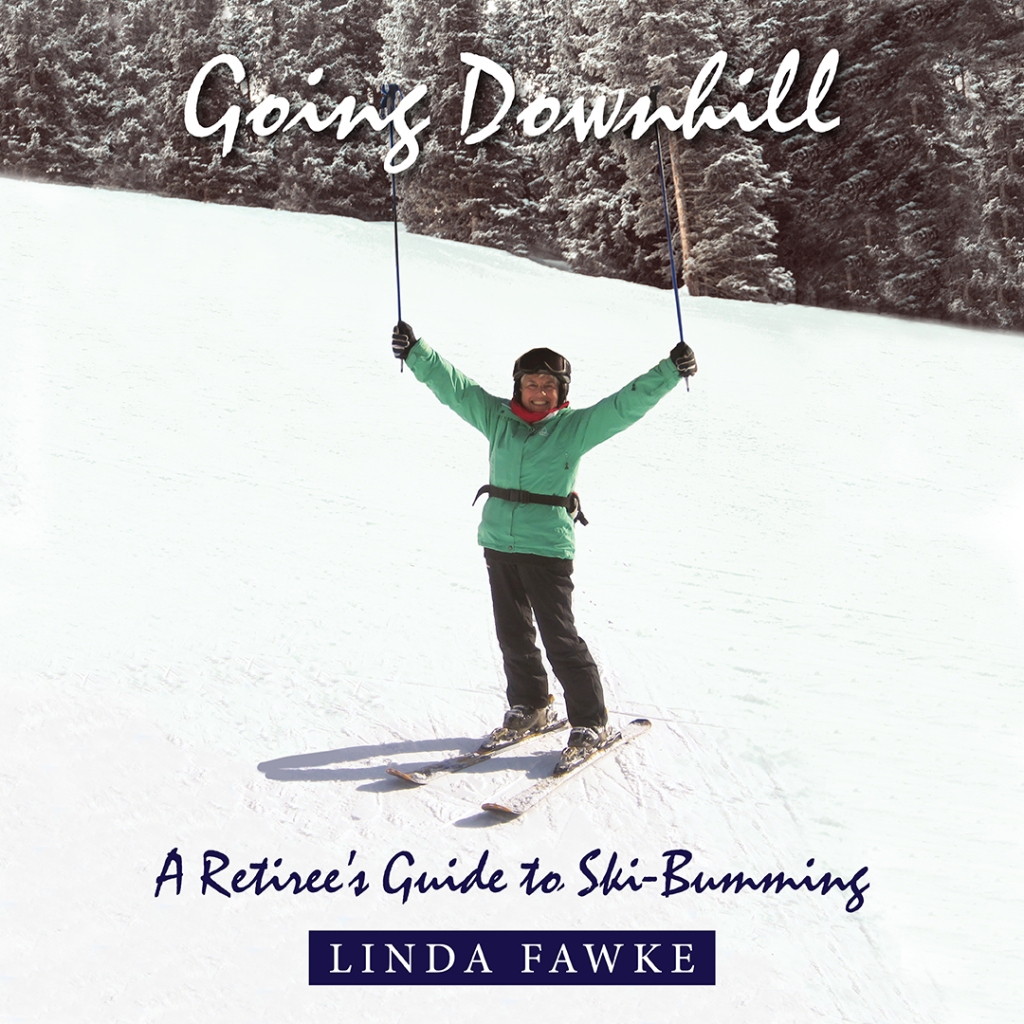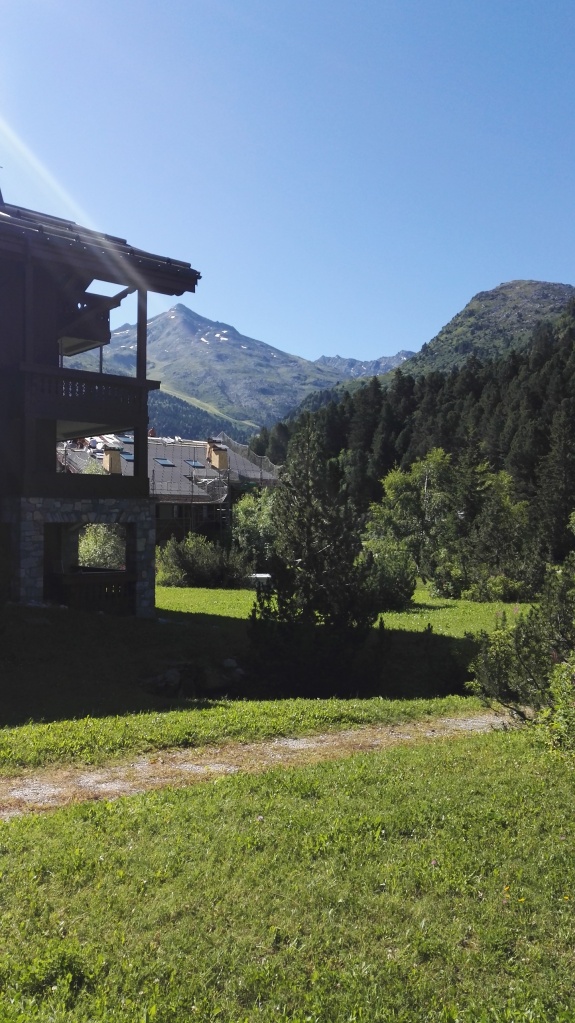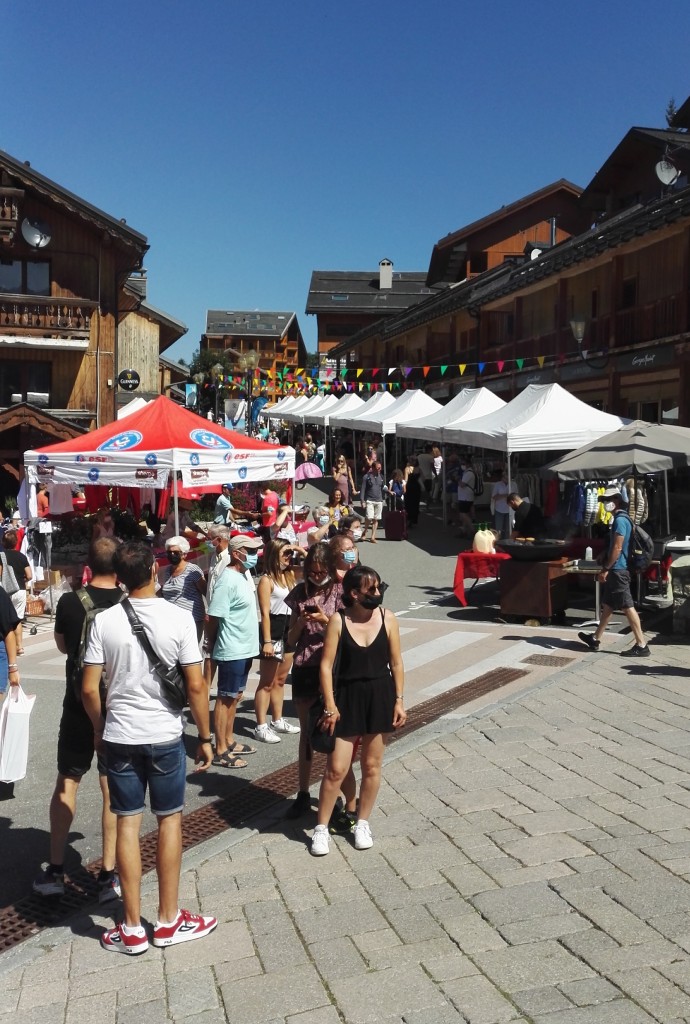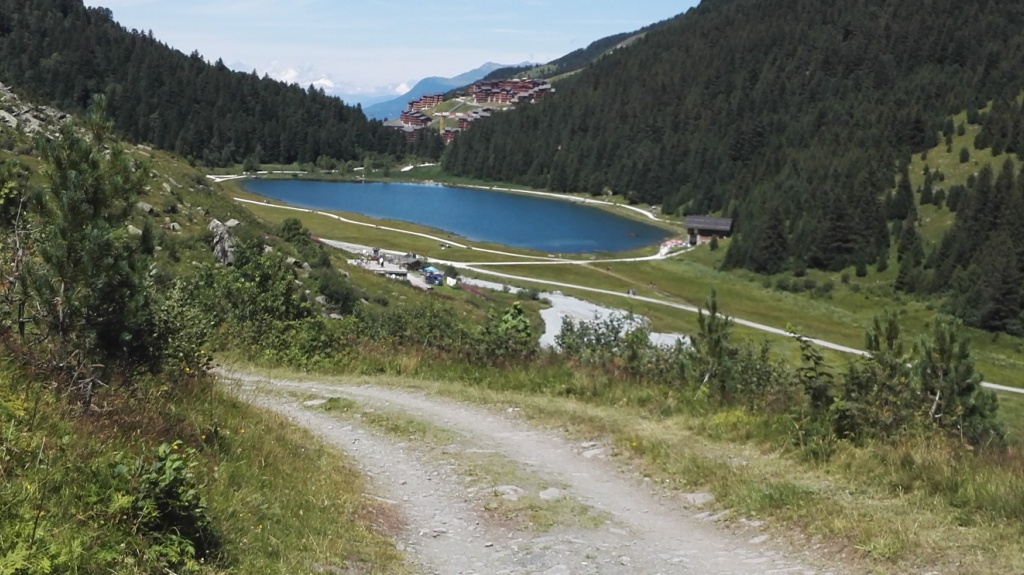My editor and friend, Jonathan Veale, has just asked me to contribute a piece to his new substack blog aimed at helping new writers to get published. This is what I sent him.
Many people have aspirations to write. And why not? It’s a wonderful hobby. However, some of us decide to take it further and make our writing available to the wider world. In other words, to publish a book.
I love writing. I will do it anywhere, at any time (but especially late at night – to the annoyance of my husband). I spent my working life as a pharmacist and the writing I did then – scientific writing – was totally different from creative writing. So how and when did the change happen?
The trigger for me was retirement. Suddenly, I had time. But I knew nothing about the business of writing, how to get started, how to get published – many questions. I decided a writing course would help so I enrolled on one and discovered I love writing fiction; I would embark on a novel.
Then I came across NaNoWriMo. This is National Novel Writing Month. It happens every November and has done so for around 25 years. The object is to write 50,000 words in a month. It’s free and everyone who completes it is considered a ‘Winner’. There is no quality assessment; it is simply a word count. You could, were you silly enough, write ‘Rhubarb’ 50,000 times and you’d be a ‘Winner’. The enrolment deadline is midnight on 31 October each year. I decided at 11.30pm on 31 October, 2012 that I would give it a try.
Beginning a novel, writing the first sentence, can be the most difficult step. The dream becomes reality and reality is harder to cope with than some wonderful aspiration. The point of NaNoWriMo is to get writers started. It worked for me. An average of 1,666 words a day was challenging. The trick was to write and not edit. Some days I didn’t write and had to catch up later. However, I finished with one whole day to spare. As I sent off my ‘novel’ to have its word count checked, my husband opened a bottle of champagne and welcomed me back into the real world!
What I had at that point was an unfinished, badly written, unedited, unchecked part-novel. Most novels are a minimum of 80,000 words. So there was work to do!
I expanded and edited my 50,000 words. I went round the loop many times. It’s hard to know when it’s finished. The time comes when you tell yourself it’s as good as it’s ever going to be and so you stop. I then decided to try to get it published – and that’s scary! You feel vulnerable, exposing your work to others.
I first explored the traditional route to publication. I sent details of my book to a number of agents who seemed suitable. Most ignored me; some sent a routine refusal. I tried sending my book directly to a few publishers. No success. And it takes time. You may wait six months or a year for a reply. Sometimes it never comes. I realised the book needed improvement, proper editing and perhaps a different approach. It wasn’t, in spite of my best efforts, as good as it could be. You can see how easy it is to give up. Lots of aspiring writers do. But don’t!
While considering what to do next, I was introduced by chance to an editor, a ‘friend of a friend’. He read my book and gave me advice. He also taught me how to look critically at my own writing and to self-edit. This was the turning point for me. Good editing is essential. My writing improved. Equally important, he encouraged me to self-publish my book on Amazon. Sometimes you need a bit of luck like this!
Self-publishing is a respectable means of getting a book out in the world. It is much used by unknown novelists, and by authors of non-fiction, specialised books or personal memoirs where there is a limited audience. A self-published book must be indistinguishable from a traditionally published book in terms of quality and appearance. It can cost nothing – or you can employ one of the reputable, but expensive, companies that have recently popped up if the intricacies of the computer world prove too much.
A prophet of doom – several, in fact – warned me that you must be a technological whizz-kid to self-publish without assistance. I am not one of those creatures nor is my husband, who said he’d help. Nevertheless, we set about publishing the book on Amazon. There was a bit of hair-tearing-out and some swearing from me but the two of us solved the problems. The key point was to follow the instructions to the letter. As I’m not an artist, I commissioned a graphic designer to produce my cover. There are free or inexpensive online banks of covers but I decided to be independent.
The Amazon publishing process costs nothing. The finished book is available to readers as a ‘print on demand’ paperback or a Kindle download so no stocks exist (unless I choose to buy some). I chose to pay for a single copy to proof read but you can proof read on the screen if you are happy with that.
I launched my novel, ‘A Taste of His Own Medicine’, in November 2016, four years after I started it. It’s a story of revenge, an easy-to-read book with lots of twists and turns. It uses my pharmacy background as part of it is set at a 30-year university reunion of a group of pharmacists. Ultimately, my creative and scientific lives came together. I’d got my book to a point where I was ready to encourage others to read it; I wanted to call myself the author of a published novel. A big step – daunting, even. But it excited me as much as it scared me. There’s always the fear that no-one will buy it and if they do, they won’t like it. It’s part of being a writer – a risk you take.
Let me encourage you to take the risk!




